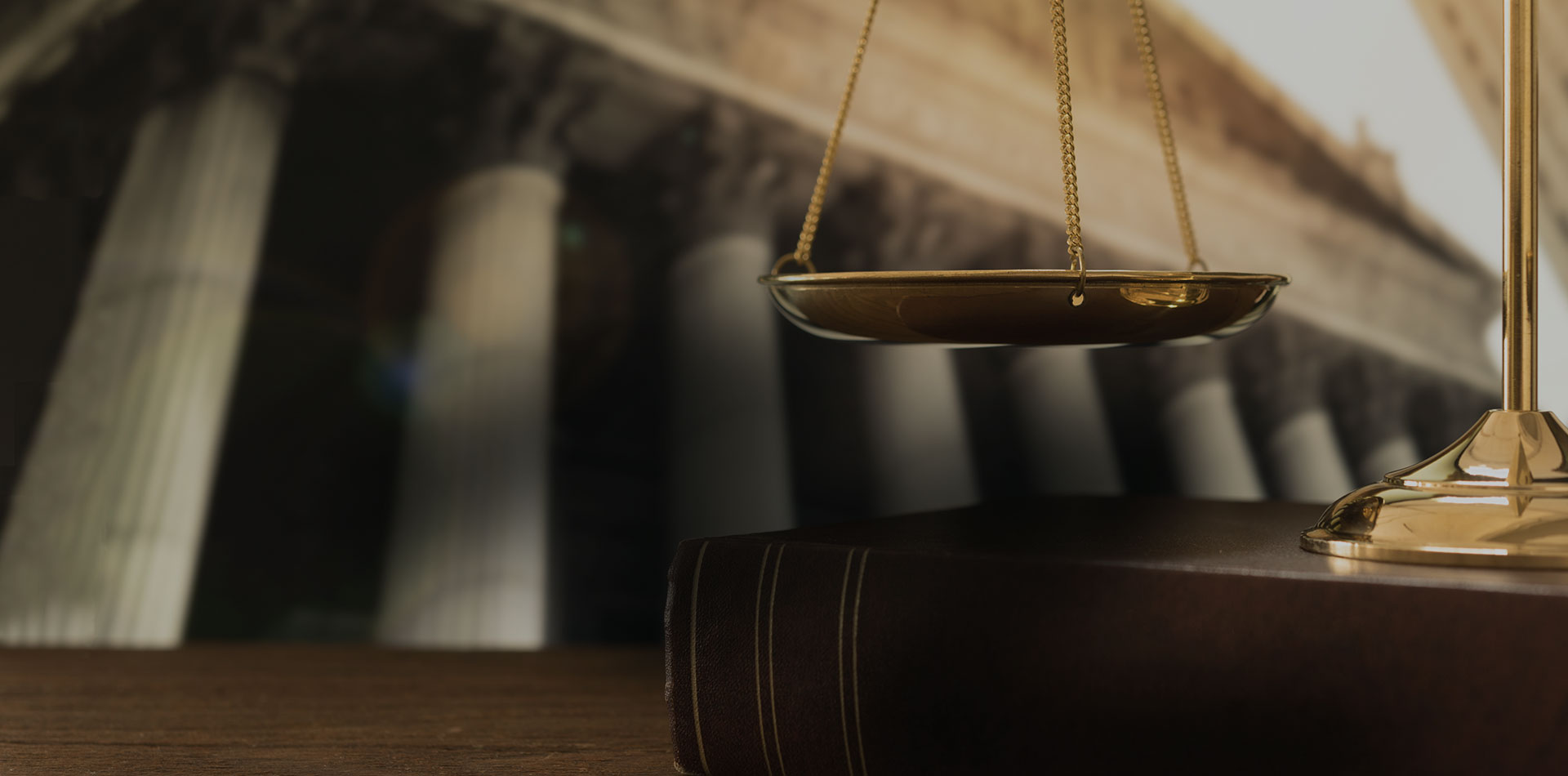03 Jul Habitability Laws | Frequently Asked Questions
Habitability Laws | Question #1:
Can I sue my landlord for Mold Issues?
Is my landlord in violation of the habitability laws?
Is there any remedy with the landlord concerning the ongoing problems in the apartment we lease?
A rental unit must be fit to live in; that is, it must be habitable. In legal terms, “habitable” means that the rental unit is fit for occupation by human beings and that it substantially complies with state and local building and health codes that materially affect tenants’ health and safety. The landlord has this duty to repair because of a California Supreme Court case, called Green v. Superior Court, which held that all residential leases and rental agreements contain an implied warranty of habitability. Under the “implied warranty of habitability,” the landlord is legally responsible for repairing conditions that seriously affect the rental unit’s habitability.
The rental unit must be uninhabitable (Cal. Civ. Code § 1942) under local and state housing codes—typically, the problem with the apartment must be severe to violate the law. However, if the unit is unsafe or uninhabitable, the court will probably conclude the tenant has been constructively evicted and has no further responsibility to pay their rent. Under California law, there are specific steps a tenant must take before they can move out due to unlivable housing conditions.
Habitability Laws | Question #2:
Can I withhold my rent? Landlord has not fixed anything in years.
Can I deduct from my rent for maintenance?
REPAIR AND DEDUCT
The “repair and deduct” remedy allows a tenant to deduct money from the rent, if those repairs would not cost more than one month’s rent, to pay for repair of defects in the rental unit. This remedy covers substandard conditions that affect the tenant’s health and safety, and that substantially breach the implied warranty of habitability.
Habitability Laws | Question #3:
If we pay our rent on time and out landlord refuses to fix it, what do we do?
RENT WITHHOLDING
By law, a tenant is allowed to withhold (stop paying) some or all of the rent if the landlord does not fix serious defects that violate the implied warranty of habitability. In order for the tenant to withhold rent, the defects or repairs that are needed must be more serious than would justify use of the repair and deduct and abandonment remedies. The defects must be substantial—they must be serious ones that threaten the tenant’s health or safety.
Contact the Law Office of Aaron Kohanim today to schedule a consultation. You can call us at (310) 861-7506. If you prefer to send a quick message, visit our Contact Us page.
The response above is not intended as legal advice. This response does not create an attorney-client relationship. Legal questions can only be fully answered through consultation with an attorney to whom you give full and accurate details. It is highly recommended that you seek advice from an attorney by setting up a confidential meeting. All who read this answer should not rely on the answer to govern their conduct.




Sorry, the comment form is closed at this time.